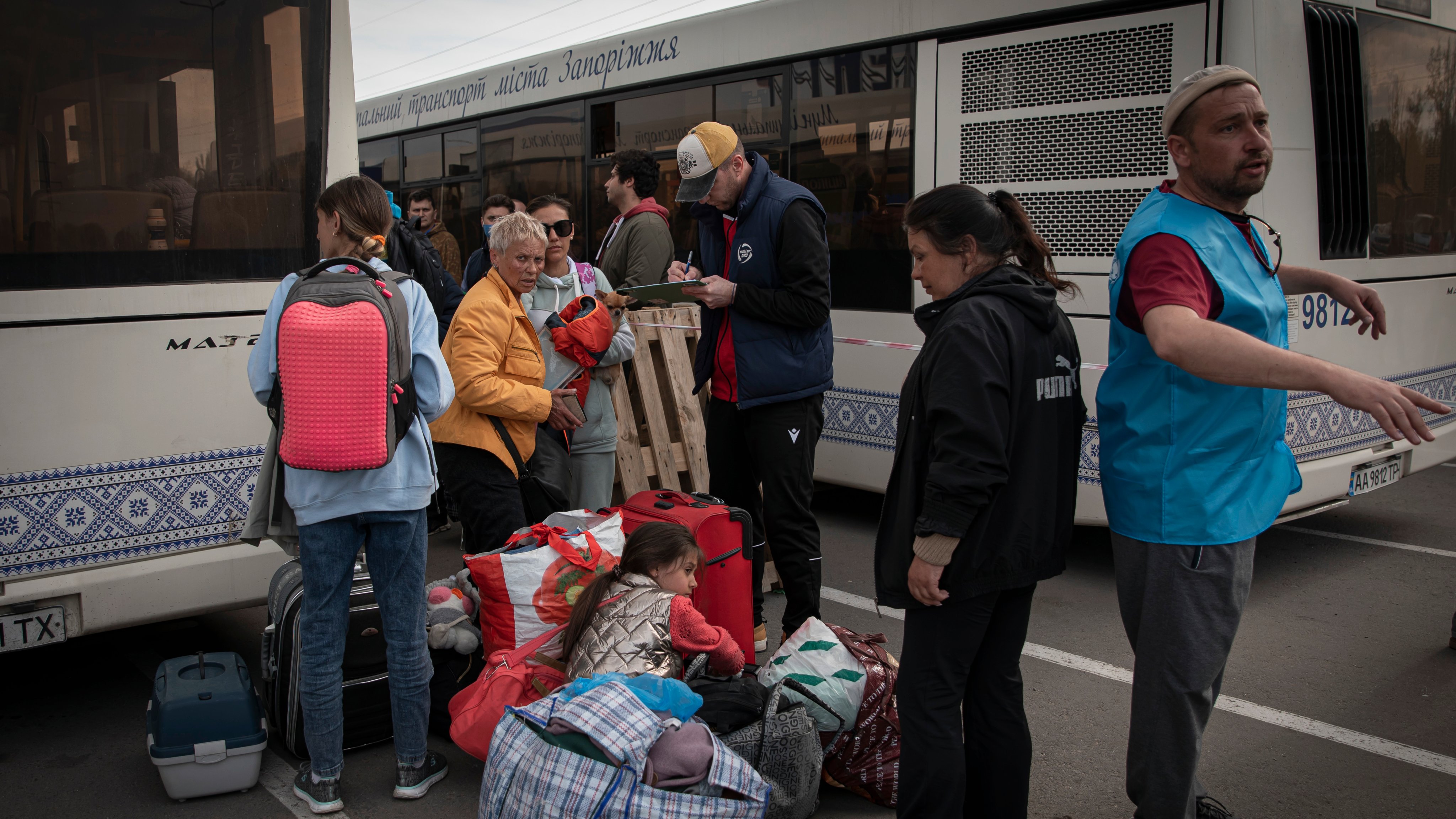Millions of refugees and migrants are at greater risk of poorer health than host communities, warns a new report from the World Health Organization (WHO), calling on health systems to integrate these groups.
Refugees and migrants reconcile one eighth of the world’s population —around a billion people— and “they are often the most vulnerable and forgotten members of their societies”stressed the director general of the WHO, at the launch this Wednesday of the organization’s first report on this matter.
Resumes UN program for the voluntary repatriation of refugees from the Democratic Republic of the Congo to Angola
The document on the health conditions of refugees and migrants “shows the urgent need to address the causes of health problems (in these groups) and radically reorient health systems to respond to an increasingly mobile worldadded Tedros Adhanom Ghebreyesus.
The report underlines that while refugees and migrants are more vulnerable, they are not inherently “less healthy” groups than those of the populations that host them: it is circumstances such as lower income, housing problems, cultural or language barriers that put them at greater risk.
More than 70 organizations ask the UN for responsibilities in the “invasion of Melilla”
In this sense, migrant workers tend to use health systems less than local populations, and are in increased risk of accidents at workaccording to the study, according to which a large part of this group is employed in unhealthy, risky and demanding conditions.
The data showed that a significant part of the 169 million migrant workers around the world do “dirty, dangerous and demanding jobs” and are at greater risk of work-related accidents, injuries, and health problems than their nonimmigrant counterparts.
Immigrants, Roma and young people are the most vulnerable in the labor market, reveals a study
The report includes general data on the health of these groups and, in this sense, indicates that the statistics on refugees and migrants are highly fragmentedin addition to being difficult to compare between countries and years, which is why the WHO also calls for more systematic data collection at the national level.
“Health does not begin or end at a border, that is why migrant status should not be a factor of discriminationbut a political engine for the construction of health, social and financial protection”, appealed Santino Severoni, director of the WHO health and migration program.
Source: Observadora
